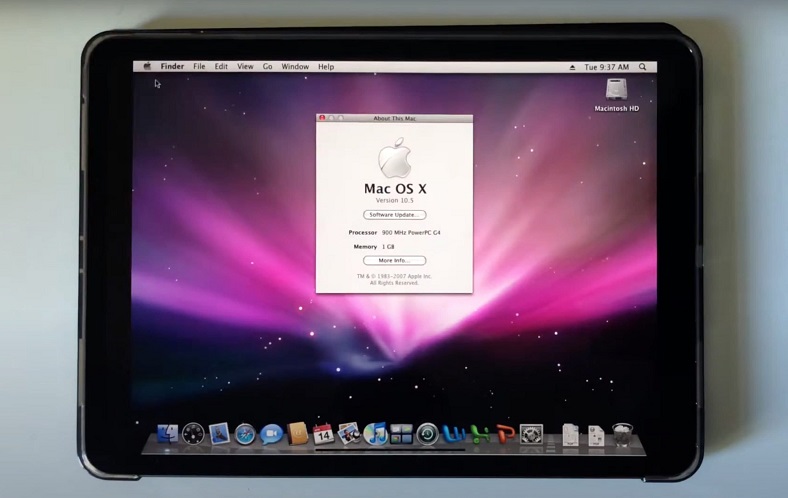
While we will not take any active measures to block legacy versions of the Office client from connecting, these older clients will fall out of step with the service enhancements and may present performance and/or reliability issues over time.Īs we first announced back in April 2017, this decision aligns with our broader commitment to providing tools and experiences designed for a new world of work. The requirements for connecting to Office 365 services have also changed-and customers will now need Microsoft 365 Apps, Office 2019, or Office 2016 to connect to Office 365 services like Exchange Online and SharePoint Online. This means that we’ll no longer provide technical support, bug fixes, or security updates for these products, and organizations that continue to use them may face increased security risks and compliance issues over time. We are working on universal app support for M1 Macs and will share more news as our work progresses.Today we mark the end of support for Office 2010 and Office 2016 for Mac.
#OFFICE FOR MAC 2020 FOR MAC#
Previous versions of Microsoft 365 apps for Mac are emulated via Rosetta, a translation layer built into Big Sur that allows M1-based Macs to run apps built for older Intel chips.įor the time being, Microsoft Teams is exempt from the redesign treatment, though Bill Doll, senior product marketing manager for Microsoft 365, suggested that an updated version for M1 devices was in the works.ĭoll said in a blog post: “Microsoft Teams is currently available in Rosetta emulation mode on Macs with M1 and the browser. SEE: How Apple users can make the most of Microsoft 365 at work (TechRepublic Premium) The new Office apps are Universal, meaning they’ll still run well on Mac devices sporting Intel processors. Failing that, users can check for updates via the Mac App Store. The new updates began rolling out yesterday (December 15) and users who have automatic updates turned on should receive the new versions of the apps automatically.
#OFFICE FOR MAC 2020 FULL#
The redesigned versions of Microsoft’s core Office productivity apps have been designed to “take full advantage of the performance improvements on new Macs” – meaning they’ll run faster – and have also been “redesigned to match the new look of macOS Big Sur,” Microsoft said.Īdditions include support for iCloud accounts in the new Outlook for Mac, as well as a new dictation toolbar that will be soon be coming to both Outlook and Word for Mac. SEE: Apple Silicon M1 Mac buying guide: 2020 MacBook Air vs.
#OFFICE FOR MAC 2020 PRO#
The new Microsoft 365 for Mac Apps have been designed to run natively on the ARM-based M1 chip, which underpins Apple’s latest MacBook Air, MacBook Pro and Mac Mini devices. ICloud Usage Policy (TechRepublic Premium)

Save more than $1,000 off a refurbished MacBook Air

Must-read Apple coverageĪpple debuts new and enhanced watches, iPhones, AirPods

Microsoft is rolling out new versions of Outlook, Word, Excel, PowerPoint and OneNote for Macs powered by Apple’s new M1 chip.

Office apps have been redesigned to run natively on Apple’s new M1 chip. The new Microsoft 365 for Mac Apps have been designed to run natively on the ARM-based M1 chip. Microsoft redesigns its Office apps especially for Apple M1 Macs


 0 kommentar(er)
0 kommentar(er)
